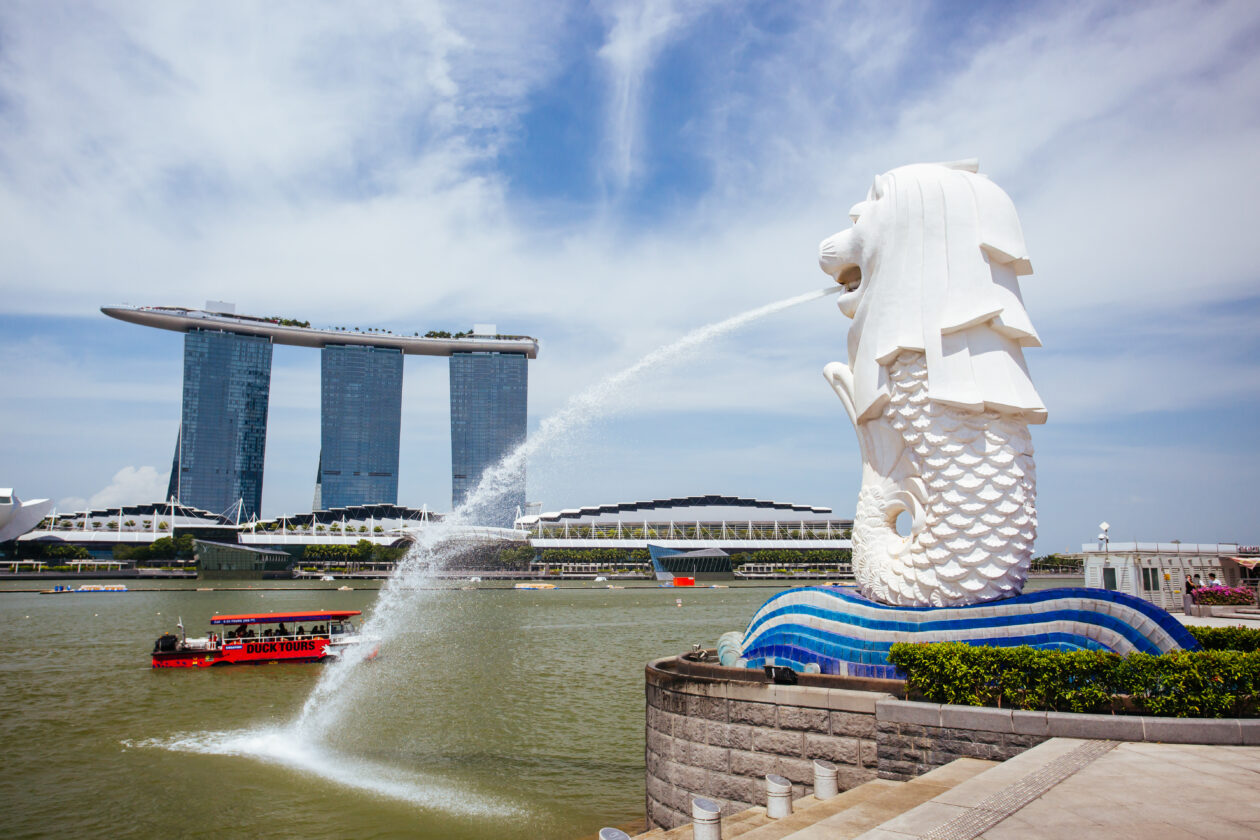Singapore, the leading economy in Southeast Asia, has long been thought of as welcoming to innovation, particularly in the fintech sector as an engine for growth. With that embrace of innovation came a forward-looking embrace of all things cryptocurrency and blockchain, attracting startups from around the world, with Singapore ranked as the second most popular country for ICOs in 2018. This approach has contrasted with China, which has banned crypto trading and mining, and in the U.S., where the Securities and Exchange Commission sought to play enforcement catch-up, following the ICO boom.
It seemed to the outside world that up until recently, Singapore was leading the way on crypto. As reported last summer, while many parts of the world was hellbent on cracking down on crypto, “crypto players like Binance have found Singapore to be a paradise of opportunity, even while a regulation storm looms over the industry in other parts of the globe.” Even as recently as last October, after more crackdowns on crypto in China, the city-state of Singapore was seen as a chief beneficiary of fleeing businesses.
This liberal status quo persisted even as over 300 crypto companies waited for a license to operate in Singapore under the 2020 Payments Services Act (PS Act), following 2019 legislation from the Monetary Authority of Singapore (MAS). An optimistic 2020 report that the system of providing a temporary exemption from licensing under the new law amounted to “regulatory acceptance.” Which, coupled with Singapore’s robust reputation, ensured it’s “likely to make the country a haven for crypto exchanges and startups over the next few years.”
How off the mark has that prediction proven to be? Fast forward to the start of 2022, with only a handful of licenses awarded by MAS to a few well-resourced and well-connected concerns, coupled with the world’s most popular crypto exchange Binance withdrawing its application and shutting down its exchange operations in Singapore, one wonders: how has the crypto dream for Singapore proved so illusory?
To answer this rhetorical question, let’s go back to before 2020 when Singapore was a powerful magnet for crypto startups and businesses, starting in the ICO boom years from 2017 when the authorities classified crypto as digital commodities.
In March 2018, speaking at Money 20/20, Ravi Menon, the head of MAS, wryly accepted that “not all developers and programmers in the crypto world are anti-establishment anarchists” but expressed concerns about issues around the use of cryptocurrencies for criminal activity, how KYC and money-laundering (AML) regulations applied, and the use of crypto in ransomware attacks. Equally concerning to Menon and MAS is the perceived threat from the volatile nature of cryptocurrencies, and the risk this posed to retail investors. These concerns lie behind the legislation in 2019-20, bolstered further in January 2021 to ensure crypto regulation was aligned with the requirements of the Financial Action Task Force (FATF).
Clearly, what gave the impression of continuity with the liberal pre-PS Act approach was the fact that crypto companies were given a temporary license exemption. And what better way to illustrate this discrepancy between image and reality than an on-camera Bloomberg interview in November 2021 when Menon reiterated the policy aim to make Singapore a global center for crypto business, was based on “strong regulation” to avoid the multitude of risks involved.
“But not to get into this game, I think, risks Singapore being left behind. Getting early into that game means we can have a head start, and better understand its potential benefits as well as its risks,” Menon added for clarity. As the Bloomberg report observed, this forward-looking approach “can be a fine line to tread, given the crypto industry grew up with few regulations, so many players balk at government officials’ attempts to impose guardrails.”
From my perspective, Singapore’s aim has never been to grant all applicants a license, rather to use the process to implement a highly selective approach. “We don’t need 160 of them to set up shop here. Half of them can do so, but with very high standards, that I think is a better outcome,” Menon has said.
Indeed, following the implementation of the PS Act, while 170 firms applied for a MAS license, bringing the number of applicants to around 400, only a handful gained the licenses, with around 30 applicants backing out. This trend was supported by figures in late December that showed 103 digital payment companies had their license exemptions removed. Those that were granted licenses include Independent Reserve, an Australian exchange; FOMO Pay, a digital payments startup; and DBS Vickers Securities, a subsidiary of DBS Group Holdings, Singapore’s largest bank — underscoring the policy drift in favor of the well-connected and well-resourced.
Singapore’s current approach is also at odds with the crypto startup spirit of transparency and flexibility. In contrast, under the current approach, MAS rarely if ever tells crypto applicants what is required to succeed. Thanks to the absence of objective criteria available to the public, this gives the impression that MAS favors the elite, with very little real transparency as to why these decisions are made. I’ve heard it argued that MAS should get a free pass as its job is to protect the public, and in that regard, MAS is not alone as a financial regulator in its opaqueness.
In a similar jam as crypto startups in Singapore, the U.K.’s crypto trade body, CryptoUK, wrote to the Chancellor at HM Treasury regarding the crypto asset industry last year. It encountered similar concerns about the pace of crypto regulation, the lack of feedback, and the risks this posed to the post-Brexit economy — all of which echo the situation crypto businesses currently face in Singapore.
So, while I recognize on a basic level that MAS as a regulator is “only doing its job” like the case of the U.K., the danger is the current application process will only benefit an elite handful of larger organizations that have the resources to sit and wait. With the result being, they leave for friendlier jurisdictions. Binance is already reportedly looking to move its corporate HQ to the United Arab Emirates, and when that deal is sealed, no doubt many crypto startups will be sorely tempted to follow suit and move, too.
My aim at the outset in writing this op-ed was to underline my belief in the long-term viability of Singapore’s crypto and blockchain ecosystem, based within a successful financial system that is the envy of Southeast Asia. I also welcome the latest guidelines from MAS designed to warn the public about the risks in trading and investing in cryptocurrency. These advertising guidelines are necessary, correct and forward-looking.
Strict advertising guidelines on promoting cryptocurrency services are a must if we are to be taken seriously as an industry. The guidelines are necessary because they are designed to prevent false advertising or misinformation that could mislead people into investing their earnings in cryptocurrencies without knowing all the risks behind them. This warning also comes in a timely manner as I am seeing an increasing number of multi-level marketing token projects circulating online that appear to be targeting older people. I hope therefore these new guidelines will help to scare off some of these Ponzi-like projects that have latched onto crypto.
Finally, crypto trading can be dangerously addictive too. Singapore’s National Council on Problem Gambling (NPCG) should take the initiative to create a task force to cope with possible issues derived from crypto speculations or crypto betting. I appreciate this is no simple task, for example, the growth of crypto casinos operated from a decentralized network (DAO) can be a new problem, too, but I believe it is important to act promptly to safeguard the public and to get rid of the industry’s bad actors.





